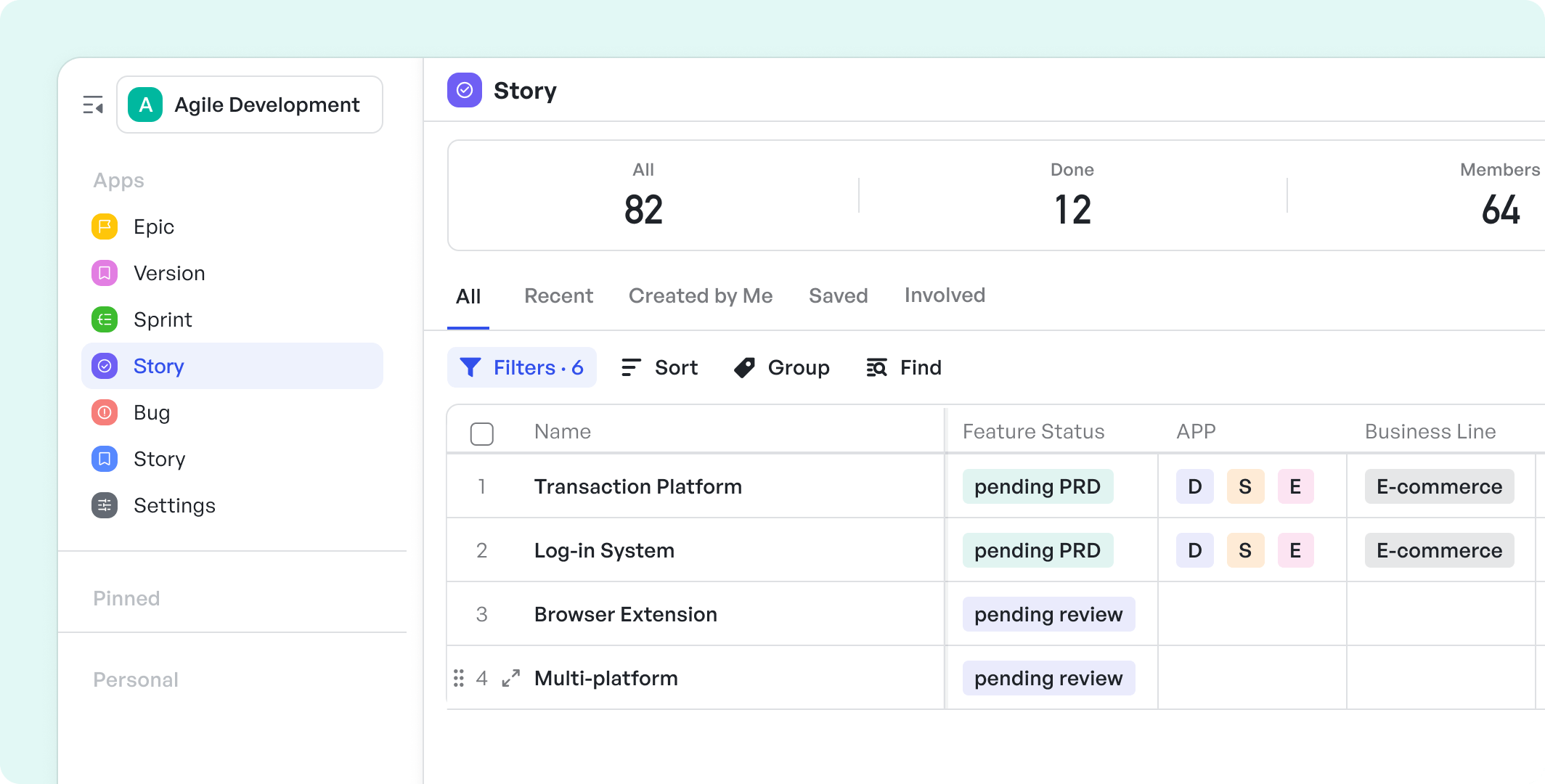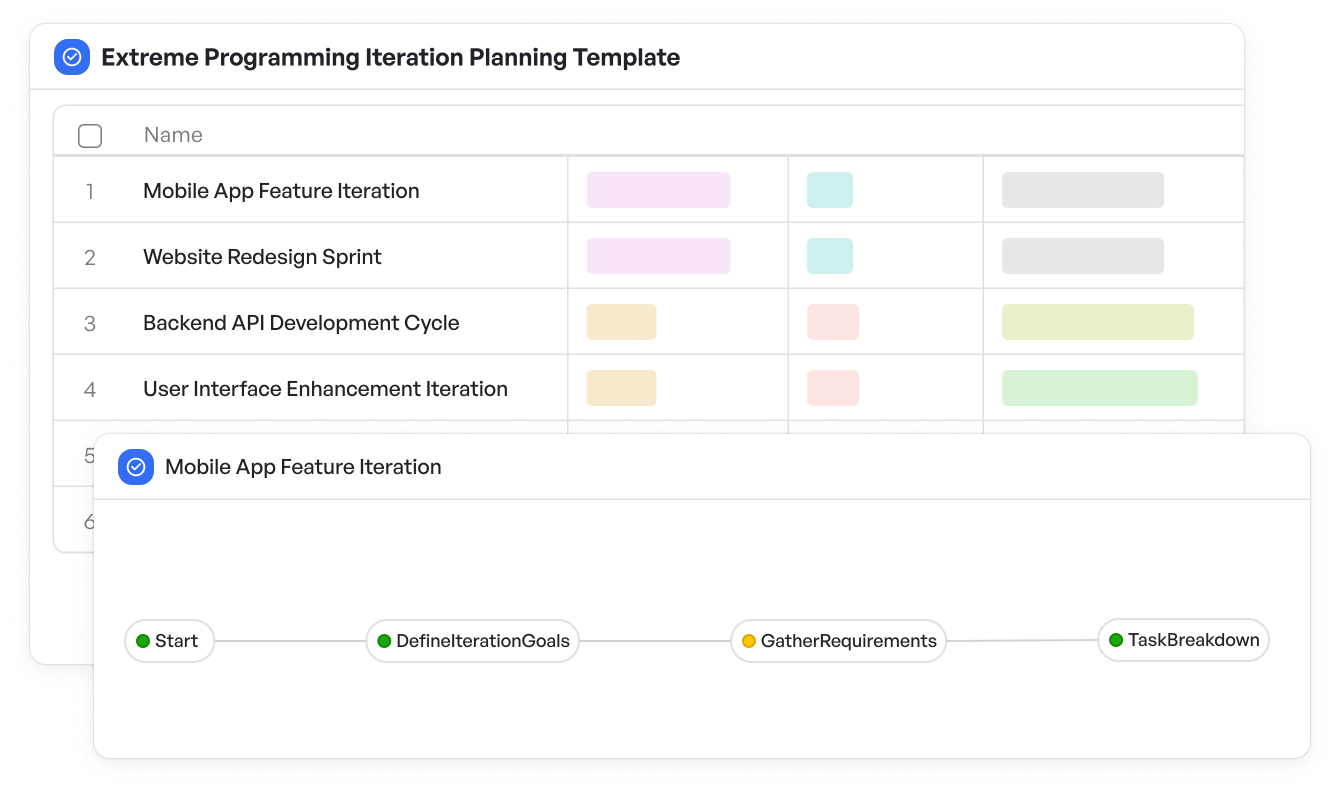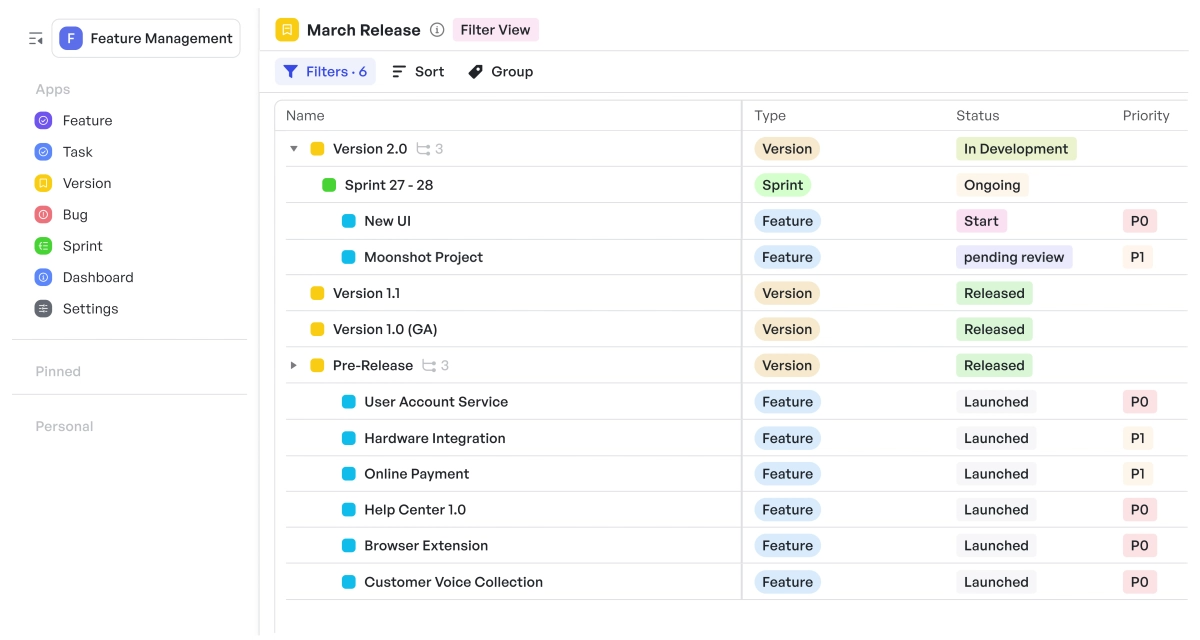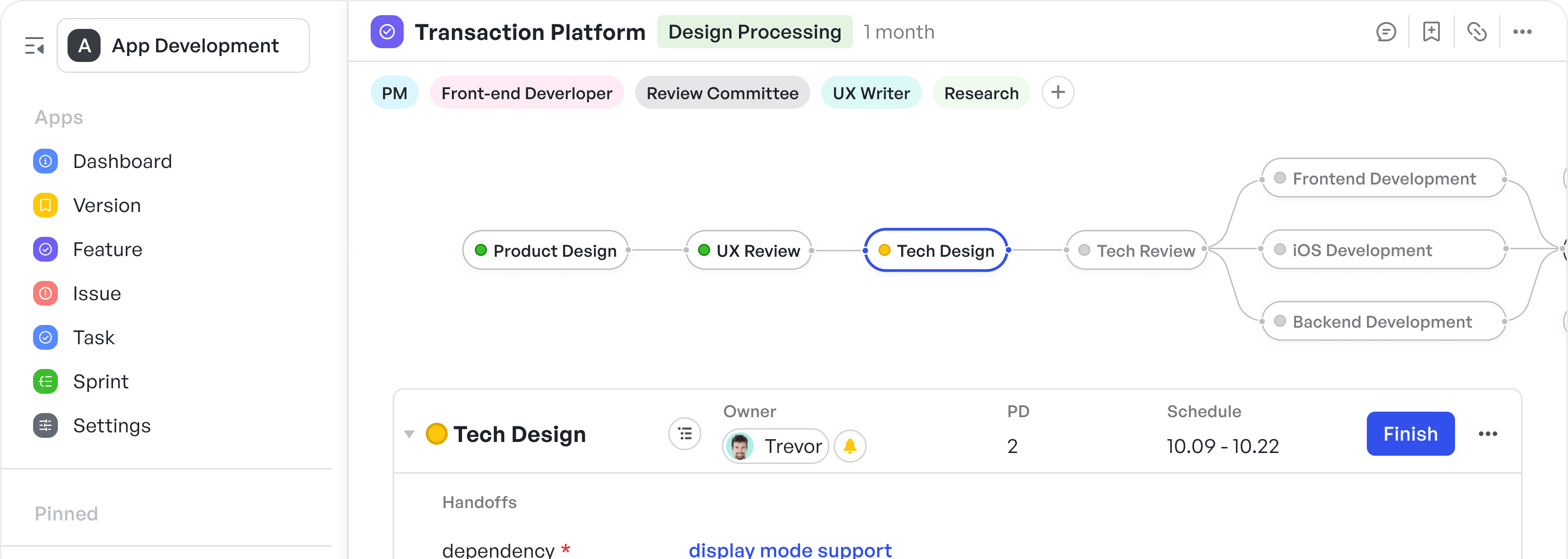How to Implement Extreme Programming in Finance

Understanding Extreme Programming (XP)
Extreme Programming (XP) is an agile software development methodology focused on improving software quality and responsiveness to customer needs through a set of core values, principles, and practices. XP emphasizes close collaboration, frequent feedback, and rapid iteration to achieve high-quality software in less time.
As industries like finance evolve rapidly, XP provides a flexible framework that helps teams adapt quickly to changing market demands while maintaining high standards of efficiency.
In this article, we’ll explore the core principles and practices of XP, its relevance to the finance sector, and how it can help businesses tackle challenges while delivering better software faster.
Core Principles of XP
- Incremental Change XP values small, incremental changes that allow developers to make continuous improvements to the software. This approach minimizes risk and allows teams to react quickly to new requirements or changes in the market.
- Embracing Change XP encourages teams to embrace change, seeing them as opportunities rather than obstacles. This mindset is particularly valuable in fast-paced sectors like finance, where market conditions and customer needs are constantly evolving.
- Rapid Feedback Frequent feedback is a hallmark of XP. Whether it’s from customers or within the team, rapid feedback ensures that any issues are identified early and addressed quickly. This reduces defects and enhances the overall quality of the software.
- Assumed Simplicity XP emphasizes the importance of simplicity in both design and code. By focusing on the simplest solution, teams can avoid unnecessary complexity, making the software easier to maintain and extend over time.
Key Practices of XP
- Pair Programming Pair programming is when two developers work together at the same workstation, with one writing code while the other reviews it in real time. This practice fosters knowledge sharing and results in higher-quality code. In the finance sector, where precision is crucial, pair programming can help reduce errors and improve overall efficiency.
- Test-Driven Development (TDD) In TDD, developers write tests before writing the code itself. This ensures that the software meets predefined criteria and functions as expected. For finance companies dealing with sensitive data, TDD helps ensure that the software remains reliable and secure.
- Continuous Integration XP advocates for integrating code frequently, usually several times a day, to avoid integration problems. This practice is essential in finance, where regulatory changes and customer expectations can lead to frequent adjustments in the software.
- Small Releases XP teams release software frequently in small increments, ensuring that customers can start benefiting from new features quickly. In the fast-moving finance sector, this approach allows businesses to adapt to market changes without long delays between releases.

You may be interested in: Meegle's Agile Development Template for Efficient Project Management
Relevance of XP in the Finance Sector
As the finance sector continues to experience rapid changes driven by technology, regulatory requirements, and customer expectations, extreme programming offers several advantages.
Let’s look at how XP’s core values and practices align with the needs of the finance industry.
Flexibility and Adaptability
The finance industry is heavily influenced by evolving regulations, customer preferences, and emerging technologies. XP’s incremental approach allows teams to adapt quickly, ensuring that the software remains relevant even as market conditions change.
Enhanced Collaboration
XP fosters strong collaboration among developers, stakeholders, and customers. This is particularly important in the finance sector, where collaboration is key to delivering secure, user-friendly software that meets regulatory standards.
Meeting Rapidly Changing Market Conditions
With XP, finance companies can respond quickly to new market demands or regulatory shifts. The ability to release small, frequent updates ensures that businesses stay competitive and compliant with minimal disruption.

Check out Meegle's Extreme Programming Iteration Planning Template
Unlock efficiency with Meegle templates!
Get Started with the Extreme Programming Iteration Planning Template
Follow these simple steps to get started with Meegle templates:
- Click 'Get this Free Template Now' to sign up for Meegle.
- After signing up, you will be redirected to the Extreme Programming Iteration Planning Template. Click 'Use this Template' to create a version of this template in your workspace.
- Customize the workflow and fields of the template to suit your specific needs.
- Start using the template and experience the full potential of Meegle!
The Extreme Programming Iteration Planning Template addresses several pain points specific to XP projects. One of the main challenges in XP is managing frequent changes and ensuring that the team remains aligned on iteration goals.
This template provides a structured approach to planning, allowing teams to prioritize tasks effectively and adapt to changes without losing focus. It also facilitates better communication among team members and stakeholders, ensuring that everyone is on the same page.
By using this template, teams can enhance their ability to deliver high-quality software consistently, which is the ultimate goal of Extreme Programming.
Core Values of XP in Finance
Simplicity In the finance industry, simplicity in software design is crucial. Overcomplicating code or features can introduce errors or inefficiencies. XP’s focus on simplicity ensures that the software is both easy to understand and easy to maintain, which is essential in highly regulated environments like finance.
Communication Communication is at the heart of XP. Frequent and transparent communication between developers, customers, and stakeholders ensures that everyone is on the same page, reducing misunderstandings and ensuring that the software meets customer needs.
Feedback Feedback is critical in finance, where changes in market conditions or regulations can have a direct impact on business operations. XP’s rapid feedback loops help teams stay on track, identify issues early, and make adjustments in real-time.
Courage and Respect XP encourages teams to make bold decisions about software design and development, which is essential in the fast-moving finance industry. At the same time, it promotes respect for team members’ ideas, fostering a collaborative and supportive environment.
XP Practices Applied in Finance
Pair Programming In finance, where accuracy and compliance are paramount, pair programming provides a way to ensure that code is written to the highest standards. It also facilitates knowledge sharing, which is essential in environments where teams may need to adapt to new regulations or market demands.
Test-Driven Development (TDD) TDD ensures that every piece of code is thoroughly tested before being integrated into the main software. In the finance sector, where software must adhere to strict regulatory requirements and be free of bugs, TDD is an essential practice to ensure compliance and security.
Continuous Integration Frequent integration of code allows finance teams to keep their software in a deployable state, reducing the risk of integration conflicts and ensuring that the software is always ready for updates or enhancements.
Small Releases Small, frequent releases make it easier for finance teams to implement updates quickly and address customer feedback in real-time. This is especially important in an industry where the software needs to be continuously improved to meet customer expectations and regulatory requirements.
Benefits of Implementing XP in Finance
Increased Customer Satisfaction XP’s emphasis on collaboration, feedback, and rapid delivery ensures that customers receive high-quality software that meets their needs. In finance, this leads to higher customer satisfaction and loyalty.
Accelerated Time to Market With XP, finance companies can release software updates more frequently, helping them stay ahead of competitors and respond quickly to market changes.
Improved Project Management XP’s iterative approach to software development ensures that projects remain on track, reducing the risk of delays and cost overruns. This makes it easier for finance companies to manage complex software projects.
Challenges of XP in Finance
Resistance to Change One of the challenges of implementing XP in finance is overcoming resistance to change. Many finance teams are used to traditional development methodologies and may be hesitant to adopt the rapid, flexible approach that XP demands.
Aligning with Regulatory Requirements XP’s fast pace of development may clash with the lengthy approval processes required in the finance sector. Ensuring that XP practices align with regulatory requirements is essential to avoid compliance issues.
XP Lifecycle and Phases
- Planning During the planning phase, XP teams identify project goals, outline requirements, and prioritize features. This phase emphasizes collaboration between the development team and stakeholders to ensure the software meets business and customer needs.
- Design XP encourages simplicity in design, ensuring that the software architecture is easy to maintain and extend. This is especially important in finance, where changes to the software must be carefully controlled and monitored.
- Coding The coding phase in XP is where developers write and refine code based on the requirements defined during planning and design. The emphasis on pair programming and TDD ensures that the code is of the highest quality.
- Testing XP emphasizes continuous testing to catch bugs early and ensure that the software functions as expected. In the finance industry, where accuracy and compliance are critical, robust testing is essential to deliver reliable software.
Maximizing Software Development Efficiency with Extreme Programming in Finance
Extreme programming offers significant benefits to the finance sector, helping teams adapt quickly to changing market conditions, enhance collaboration, and deliver high-quality software faster.
By adopting XP practices like pair programming, test-driven development, and continuous integration, finance teams can improve their development processes while ensuring compliance and security.

Meegle’s project management and collaboration tools align perfectly with XP’s core values, offering real-time feedback, task tracking, and seamless collaboration to support finance teams in implementing XP successfully.
Streamline Your Software Development
The world’s #1 visualized project management tool
Powered by the next gen visual workflow engineRead More
Check All BlogsStart creating impactful work today



